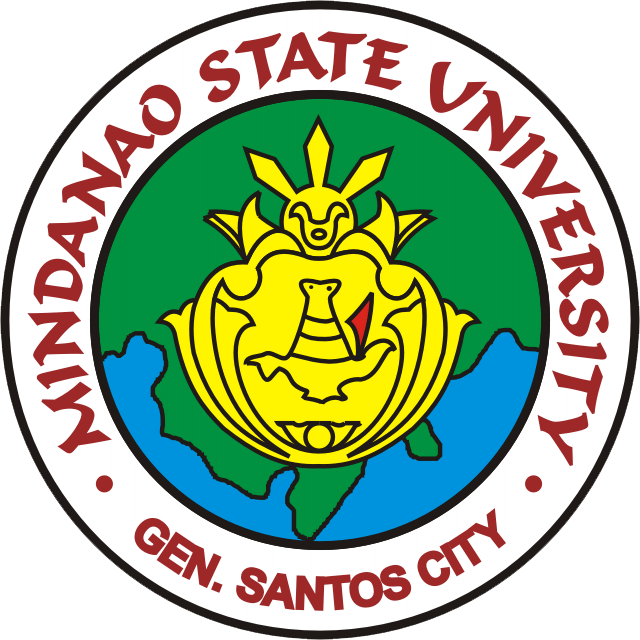The study on the effects of makabuhay stem decoction and yellow ginger rhizomes extract as alternative insecticide was conducted to; 1) determine the significant effect of 100% makabuhay stem extract and 100% yellow ginger rhizomes extract as insecticides, 2.) determine which of the botanical insecticides is most effective, 3.) determine the efficacy of 100% botanical insecticides with 100% commercial insecticide. The study period was from January to March 2000. The study used the Complete Randomized Design (CRD). With three (3) treatments replicated three (3) times namely: Treatment 1 100% makabuhay stem extract, Treatment 2 100% commercial insecticide (Decis) and Treatment 3 100% yellow ginger rhizome extract. Water was used as the control. An eggplant sliced fruit is placed into the cage to supplement them in the duration of the experiment. Makabuhay stem was scraped, pounded and placed in a clean cloth to obtain extract juice, while Yellow ginger rhizomes were grated and squeezed in a clean cloth to have its extracted juice. Using sprays, each cage was sprayed 10 ml of corresponding treatment assigned to it at a distance of 6 inches. Through the Abbot's formula, the results revealed that the botanical insecticides were toxic when applied to the test insect. For T1, the percentage efficacy was 66.66% where 8 died out of 12 eggplant fruitworm and 33.34% lower than 12 and 13. The highest mortality rate was attained by T2 and T3, which killed 100% of the test insects. Also, T2 and T3 had the highest average mortality of 4, followed by T1 with a total mean of 2.67. Using the ANOVA at 5% level of significance it was revealed that all treatments are significantly different from each other. Hence, LSD was used to determine the gaps between treatments. This tends to divulge the degree of efficacy of a certain treatment. All treatments are effective to the extent that they have reached above 50% efficacy rate. However, LSD proved that T3 is the most effective botanical insecticides, since the mean value of 4 is greater than the LSD value (1.0) and (0.66). T3 is comparable to 12 in terms of their efficacy.
Author
Salvacion S. Alfafara
Abstract
SY
2000
Program
Bachelor of Science in Biology
Department
Department: Science
College
College: Natural Sciences and Mathematics
